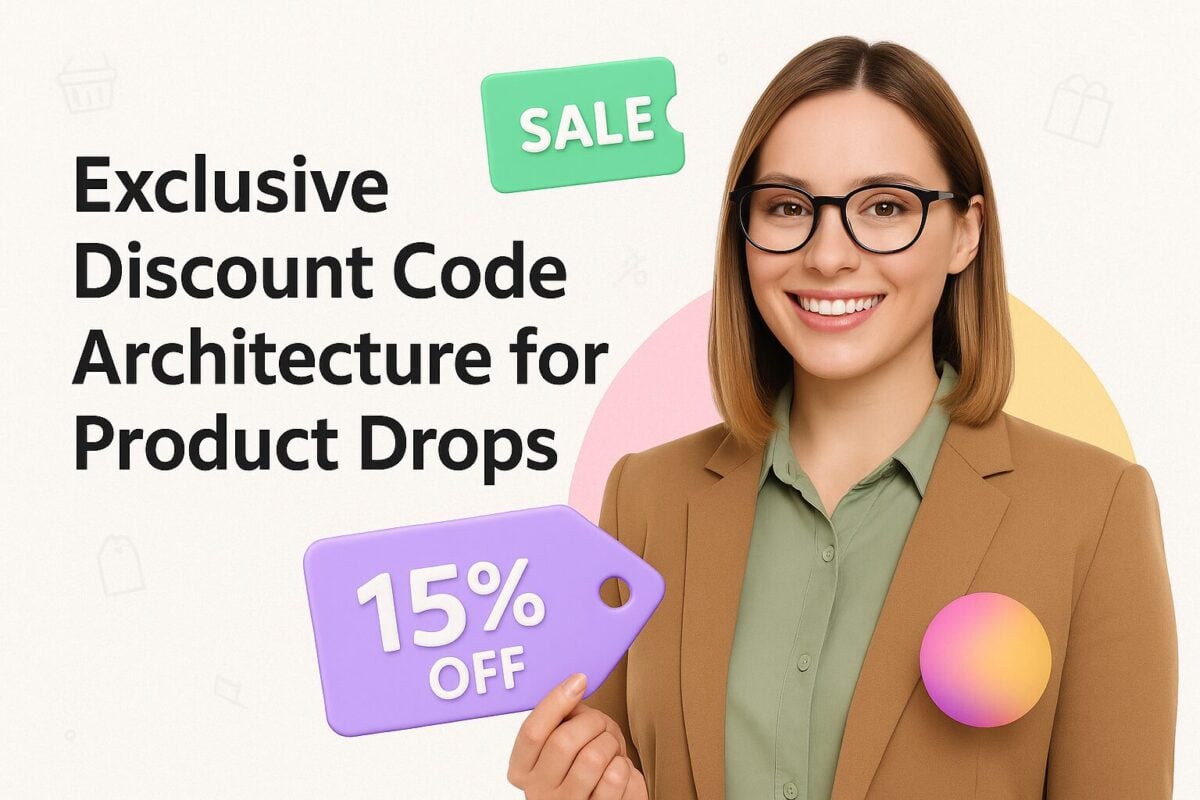A private label product refers to a product that’s sold under a specific retailer’s brand name, but is manufactured by a contract or third-party entity. These products are also referred to as Original Equipment Manufacturer or OEM.
How Private Label Works
The retailers have full control over product specifications, such as its ingredients or the components used, how it looks like, its packaging and labeling. These retailers pay third-party manufacturers to produce these products and have them delivered to the retailers’ store.
Private labeling is a common practice among many retailers. Retail giants such as Costco and Target sell their own private label brands under the Kirkland and Archer Farms brands, respectively. It’s not just the retail giants who are engaged in private labeling products either. Other sectors, including grooming and personal care, clothing, and food and beverage, also have a wide array of private label products.
Here are some examples:
- Salons and spas that sell private label products, such as shampoos, hair spa treatments, and nail polish
- Clothing stores that sell their own private label apparel alongside other brands
- Food and beverage products, such as cereals, juices, and condiments, that are marketed under a grocery store’s own brands
Other private label categories include:
- Cosmetics
- Dairy items
- Household cleaners
- Paper products
Private Label vs. White Label
What differentiates a private label product from a white label one?
While these may seem like interchangeable terms, they do have their differences. White label products refer to products that are sold by a company or brand but without their brand and logo, are rebranded by other retailers and then sold under that other retailer’s own trademark.
Simply put, white label products are a “generic” product sold by a manufacturer that can be rebranded by other retailers and market as their own merchandise. One of the main differences between private label and white label products is the ability to customize. With the former, retailers have the full control when it comes to dictating what their products look like, what they’re made with, and more. With the latter, however, the products that are to be rebranded are already manufactured, limiting the level of customization that other retailers can have to the products’ packaging.
Moreover, private label products are more exclusive. Given their highly customized nature, it makes it nearly impossible for other retailers to market the same exact products. With white label products, however, the products are manufactured and are available to multiple retailers.
Private label products are mostly limited to physical goods, whereas white label products can include both physical and non-physical items such as services or software.
The Benefits of a Private Label
Private labeling has a host of benefits, including:
-
Having full control
Retailers have total control over many aspects of manufacturing when it comes to private label products. Aside from being able to dictate the products’ size, package design, and ingredients or materials used, they also have the freedom to determine pricing and branding. The high level of customizability in private labeling makes it appealing to a wide array of retailers in different sectors.
-
Higher profit margins
Aside from being able to determine the products’ pricing, retailers that select private label products can stand to gain higher profit margins. Manufacturing a product generally incurs lower costs compared to buying premade items.
-
Product exclusivity
Unlike their white label counterparts, private label products are highly customized. As such, they’re highly exclusive and can help retailers separate themselves from the competition.
-
Establishing brand loyalty
Private labeling is a great way for retailers to establish brand loyalty. Given their exclusivity, private label products have limited accessibility. This limitation can work to the retailers’ advantage and be used to build a loyal customer base.
Getting Started with Private Labeling
For retailers that are interested in developing their own range of private label products, here are some tips to help you get started:
- Do heavy research to understand how private labeling works
- Determine the type of products you want to market
- Determine who your target market is
- Find out what makes your products stand out from those of your competitors’
- Research on companies that offer private labeling services
- Once you’ve picked a manufacturer, don’t forget to request for product samples so you can check their quality


